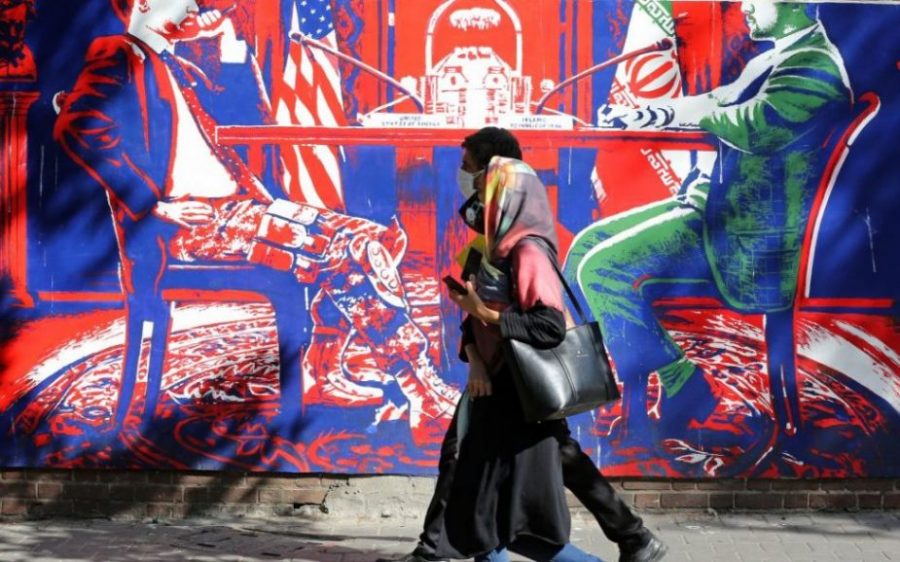US President-elect Joe Biden has pledged to reverse several of President Donald Trump’s policies that had overturned important decisions made by President Barack Obama, including the nuclear deal with Iran. However, Biden’s declared desire to return to the nuclear agreement with Iran will be extremely difficult to achieve.
The Joint Comprehensive Plan of Action reached in 2015 was hailed as a major breakthrough because it stopped, indeed reversed, the Iranian nuclear program while giving Tehran relief in graduated fashion from stringent economic sanctions imposed upon it by the UN and the US. It mandated that Iran would not enrich uranium beyond 3.67% purity and not stockpile more than 300 kilograms of enriched uranium, and that it would dismantle its Arak nuclear reprocessing facility, ship 98% of its uranium stock abroad, and allow inspectors from the International Atomic Energy Agency to monitor compliance with the provisions of the agreement.
However, in May 2018 Trump unilaterally withdrew the US from the JCPOA and reimposed sanctions, especially on shipment of Iranian oil, to put ‘maximum pressure’ on Tehran to force it to accept America’s maximalist demands that went far beyond the JCPOA. The Trump administration argued that the 15-year time limit on Iran’s nuclear program was insufficient and that Tehran must renounce in perpetuity its right to enrich uranium. Washington also wanted to impose a moratorium on Iran’s ballistic missile program and make Tehran commit to withdrawing its support to forces in the Middle East opposed to US interests.
Read the article by Mohammed Ayoob in The Strategist.

